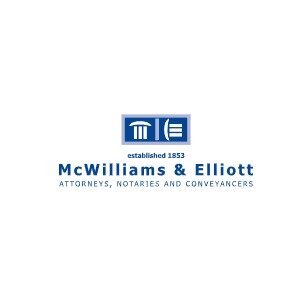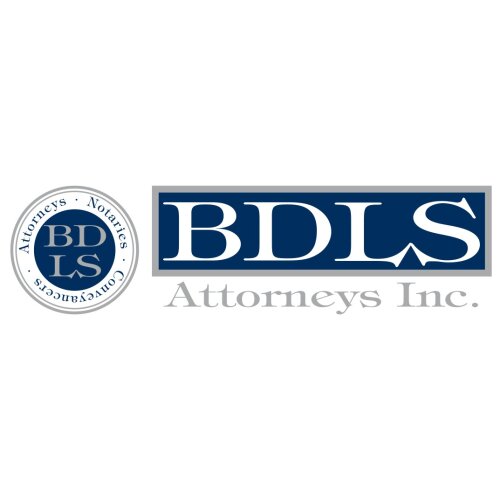Best Franchising Lawyers in Port Elizabeth
Share your needs with us, get contacted by law firms.
Free. Takes 2 min.
List of the best lawyers in Port Elizabeth, South Africa
About Franchising Law in Port Elizabeth, South Africa
Port Elizabeth, otherwise known as the "Friendly City", is a bustling sea-port city and the third largest port in South Africa. It is renowned as one of the major hubs for diverse businesses including franchising. In broad terms, franchising law governs the selling and operation of franchises. It covers several aspects such as the Franchise Agreement, Disclosure Documents, registration, operation, and dispute resolution related to franchising. The franchising law in South Africa, applies to all franchises functioning within the country, which includes Port Elizabeth.
Why You May Need a Lawyer
Engaging in or running a franchise involves intricate legal processes, contractual obligations, and potential risks which can affect both franchisors and franchisees. A lawyer's assistance can be essential in drafting and reviewing franchise agreements, restructuring franchise systems, handling franchise disputes, complying with disclosure requirements, registering intellectual property, and more.
Local Laws Overview
Franchising in Port Elizabeth, South Africa, like the rest of the country, is regulated by the Consumer Protection Act (CPA) of 2008. The Act stipulates that the Franchise Agreement should be drawn up in line with certain legal requirements and rules. Moreover, the CPA advocates for fair, reasonable, and just business practices while also outlining specific disclosure requirements that need to be adhered to, to avoid franchise disputes. Non-compliance could lead to severe penal implications.
Frequently Asked Questions
What is a Franchise Agreement?
A Franchise Agreement is a legal contract between the franchisor and franchisee that sets out the terms and conditions of the franchise.
What does the Consumer Protection Act (CPA) cover?
CPA aims at promoting a fair, accessible, and sustainable marketplace for consumer products and services. It also provides provisions for the improved standards of consumer information, and so forth.
Is it necessary to register a franchise in South Africa?
No, in South Africa there is no legal requirement to register your franchise. However, all franchises must adhere to requirements outlined by the CPA.
Can a franchise agreement be terminated?
Yes, subject to the terms and conditions outlined in the Franchise Agreement itself.
Can a foreign franchisor extend their franchise to South Africa?
Yes, foreign franchisors can extend their franchise to South Africa. They are subject to the same CPA's rules and are required to adapt their franchising agreement according to South Africa's laws.
Additional Resources
The official resources where detailed information about franchising regulations can be obtained includes the Department of Trade and Industry South Africa, Franchise Association of South Africa (FASA), and the National Consumer Commission.
Next Steps
If you're in need of legal assistance in franchising, seek out a reputable law firm or a certified, experienced lawyer who specializes in franchising law. They will guide you through all your legal requirements, helping you to understand your rights, obligations, and to navigate any potential disputes.
Lawzana helps you find the best lawyers and law firms in Port Elizabeth through a curated and pre-screened list of qualified legal professionals. Our platform offers rankings and detailed profiles of attorneys and law firms, allowing you to compare based on practice areas, including Franchising, experience, and client feedback.
Each profile includes a description of the firm's areas of practice, client reviews, team members and partners, year of establishment, spoken languages, office locations, contact information, social media presence, and any published articles or resources. Most firms on our platform speak English and are experienced in both local and international legal matters.
Get a quote from top-rated law firms in Port Elizabeth, South Africa — quickly, securely, and without unnecessary hassle.
Disclaimer:
The information provided on this page is for general informational purposes only and does not constitute legal advice. While we strive to ensure the accuracy and relevance of the content, legal information may change over time, and interpretations of the law can vary. You should always consult with a qualified legal professional for advice specific to your situation.
We disclaim all liability for actions taken or not taken based on the content of this page. If you believe any information is incorrect or outdated, please contact us, and we will review and update it where appropriate.










